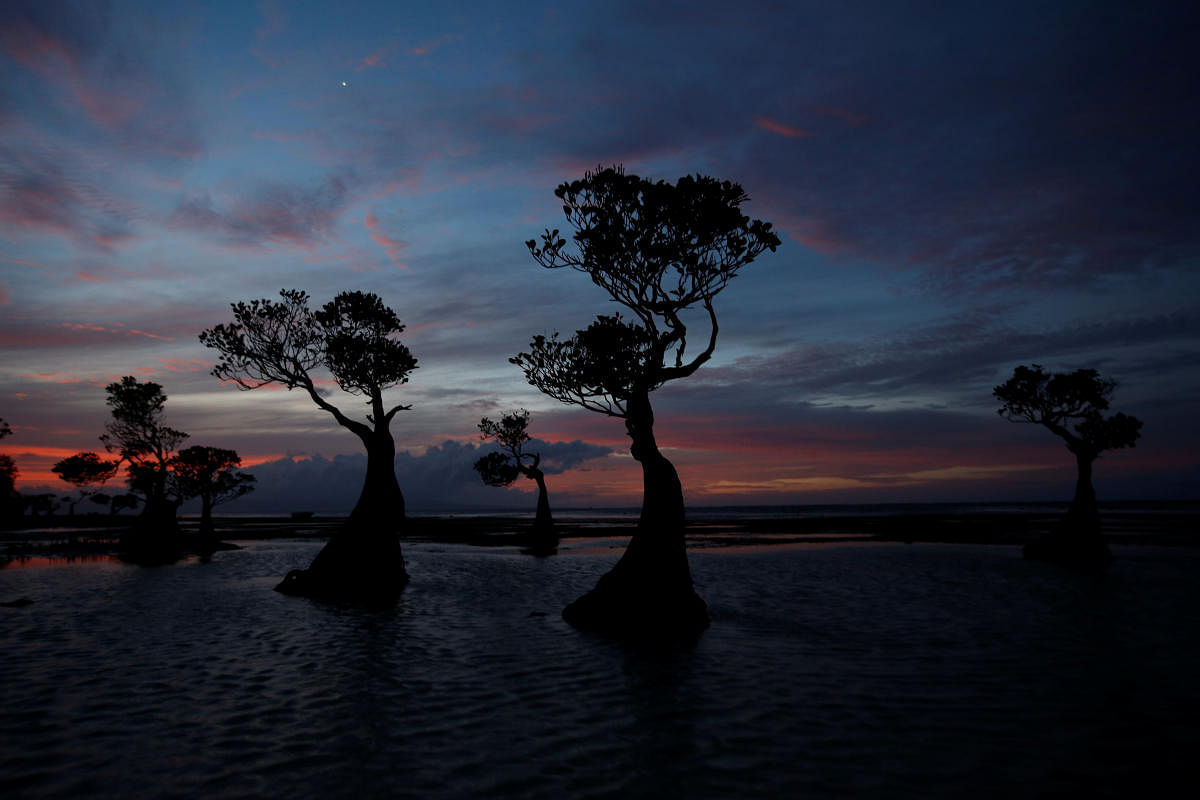
India's coastal and marine ecosystems comprising sandy beaches, estuaries, creeks and mangroves is facing destruction due to development and associated activities, pollution and climate change, a leading global conservation organisation said.
On the eve of World Ocean's Day, a note prepared by the International Union For Conservation of Nature (IUCN) stated that in India, a large number of people are dependent on the coastal and marine ecosystems and their resources, for survival and livelihood. June 8 is World Oceans Day, the United Nations day for celebrating the role of the oceans in our everyday life and inspiring action to protect the ocean and sustainably use marine resources.
"In spite of their ecological and economic importance and the existence of policy and regulatory frameworks, India's coastal and marine ecosystems are under increasing threat. The major drivers of change and degradation are mainly anthropogenic," said the note, a copy of which was accessed by the PTI. It pointed out that numerous direct and indirect pressures arising from different types of economic development and associated activities have adverse impacts on coastal and marine biodiversity across the country.
"Major anthropogenic direct drivers of ecosystem degradation and destruction include habitat conversion to other forms of land use, overexploitation of resources and associated destructive harvesting practices, spread of invasive alien species, pollution from domestic, agricultural and industrial effluents and climate change," the note said. According to the note, the coasts support approximately 30 per cent of Indias 1.2 billion population.
The country's coastal ecosystems comprising mudflats, sandy beaches, estuaries, creeks, mangroves, coral reefs, marshes, lagoons, seagrass beds, and sandy and rocky beaches extend to 42,808 km. They are known for their high biological productivity, which provide a wide range of habitat for many aquatic flora and fauna. The number of species in the coastal and marine ecosystems is estimated to be more than 13,000.
The organisation noted that the sustainable development goals create a framework to sustainably manage and protect marine and coastal ecosystems from land-based pollution, as well as to address the impacts of ocean acidification. It said enhancing conservation and the sustainable use of ocean-based resources through international law, will help mitigate some of the challenges facing our oceans.